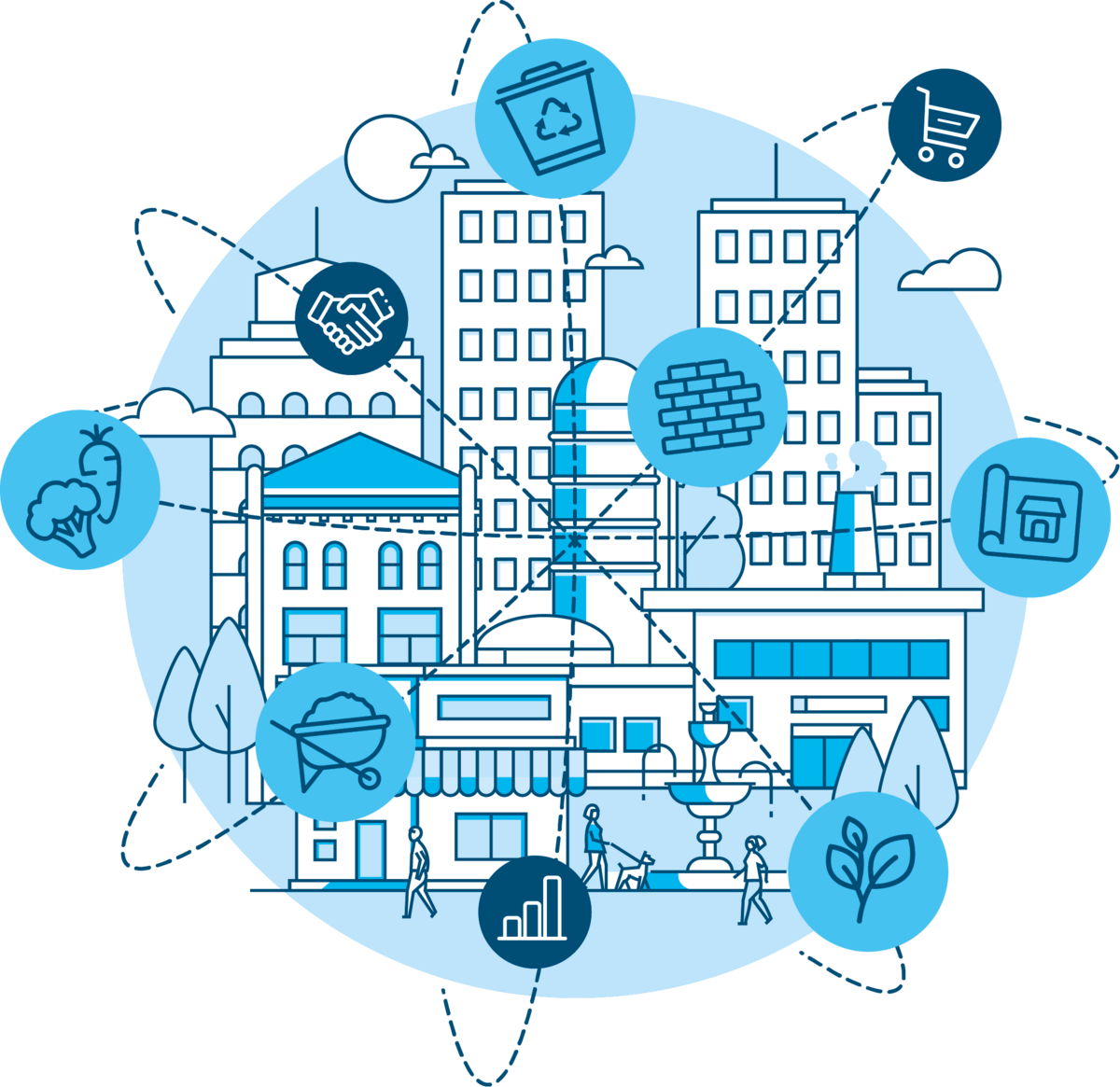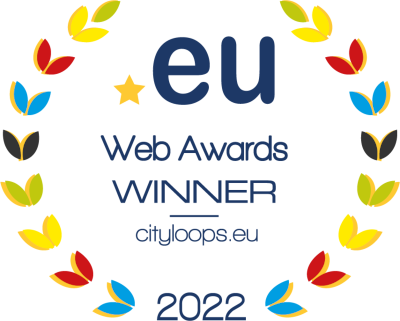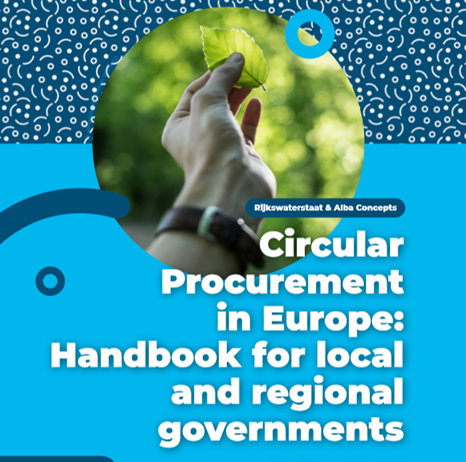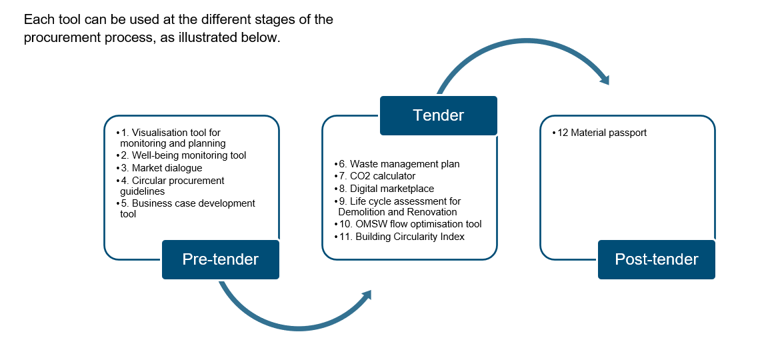Circular Procurement
Cities and local authorities have a pivotal role to play in the transition towards a circular economy. Public procurement is a powerful tool that local and regional governments can leverage to support this transition. The cities in CityLoops, used a circular approach to public procurement to support their circular pilot projects. Throughout the four years of the project, they embedded circular practices along the procurement process to support different demonstration actions and tested many tools and approaches, alongside specialised partners in this field.
Circular procurement in Europe: handbook for local and regional governments
Based upon the learnings and outcomes, CityLoops developed a circular procurement handboook, aiming to inspire and guide procurement professionals, local and regional European public authorities of all sizes, policymakers– as well as private entities that want to know more about the current procurement practices – to use the purchasing power in their transition towards acircular economy.
The handbook provides tools to establish the necessary conditions for both internal and external factors, including stakeholder engagement and knowledge creation, to facilitate the effective implementation and success of a circular procurement project. Furthermore, it offers practical guidance for project implementation. This includes examples and tools for incorporating circular procurement practices during the pre- tender, tender, and post-tender activities. Finally, it outlines methods to ensure the scalability and integration of these activities as the new norm within an organisation.
Circular Procurement Toolkit
In addition to the Circular Procurement Handbook, CityLoops also developed a Circular Procurement Toolkit, aimed at local and regional governments. The toolkit provides an overview of all the publid procurement tools developed in the CityLoops and the different phases (pre-tender, tender and post-tender) in which they should be applied. The toolkit also differentiates between the two waste streams (Construction & Demolition Waste, and Bio-waste) in which a tool has been used.
The aim of the toolkit is to assist cities in implementing circular procurement strategies for managing construction demolition and bio-waste more sustainably. By adopting circular procurement practices, cities can promote resource efficiency, reduce waste generation, and contribute to a more sustainable construction sector.
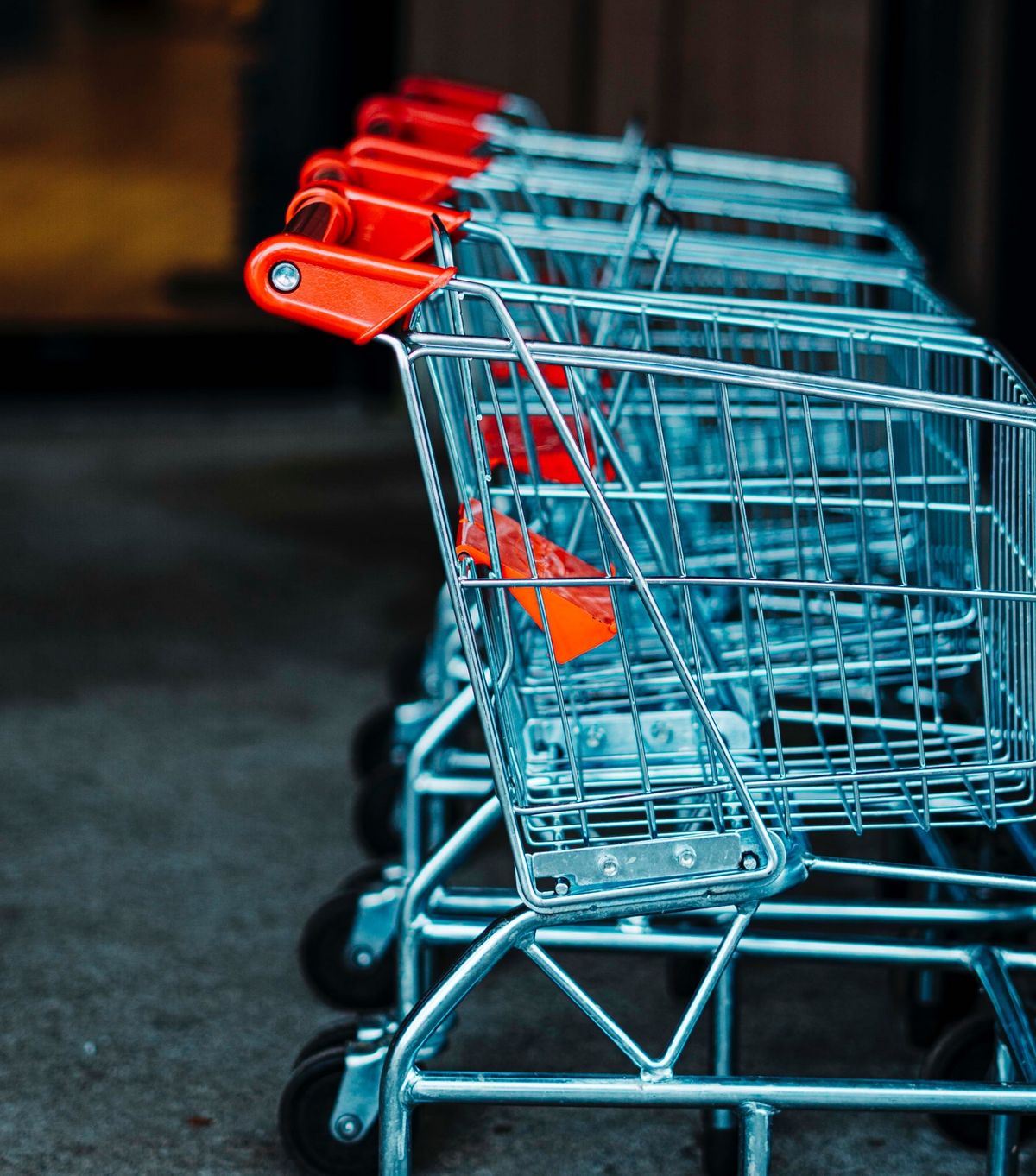
If you want to get started with circular procurement, you can become a CityLoops Replicator, or get in touch with the partners ICLEI Local Governments for Sustainability and The Dutch Ministry of Instrastructure and Water Management.
Find key resources about circular procurement on our Resources page.
Circular Procurement in CityLoops
Circular procurement experts Rijkswaterstaat (RWS) and ICLEI are helping each city identify how and which procurement activities could be used to strategically support CityLoops demonstration actions. Over the course of CityLoops, a series of activities will be undertaken to promote and support circular procurement implementation at the city level. Cities define how circular procurement can support their ambitions in becoming circular, this includes guidelines on including circular procurement in the CDW and and biowaste sectors.
